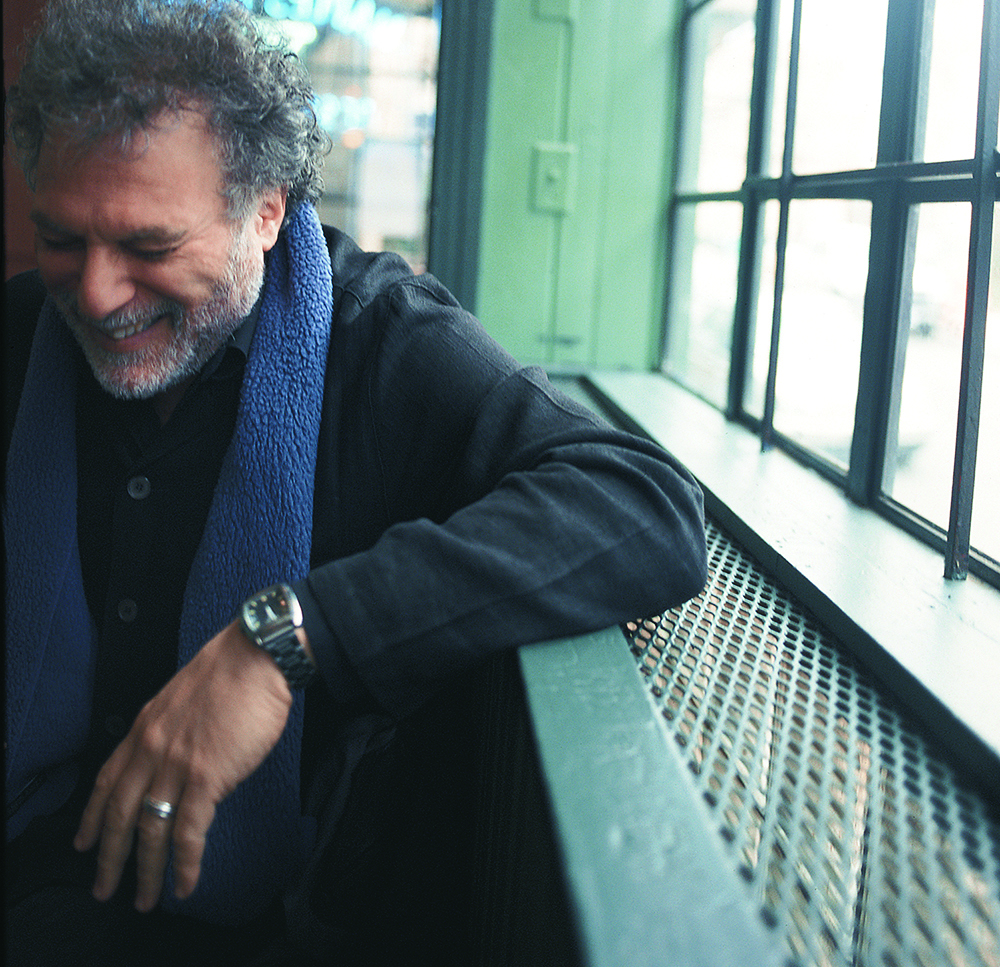New Music Workshop: A Chat with Martin Bresnick
Composer/conductor Martin Bresnick is a master of the new. As the longtime director of the festival’s New Music Workshop, Bresnick loves helping burgeoning composers and young musicians bring to life the notes on their pages.
And Norfolk, a festival steeped in history but forward-looking in its commitment to contemporary music, is the perfect place to do it, he says. “In some ways Norfolk is the ideal circumstance for the ideal listener. It’s so intimate and you’re guaranteed everybody is participating in it. The audience, too, really wants to be there and is excited to find out what’s next.”
What’s new in classical music is more varied these days than previous time periods, says Bresnick, a prolific composer himself. “These days audiences are more receptive because the music being created is not stylistically uniform,” he explains. “If you don’t like one, you might like another.”
“I’m old enough to have watched the waxing and waning of certain stylistic dominances,” he adds. “The horizon of new music is broader than it was when there was one dominant style — high modern style or minimalism or even indie rock style. There is a proliferation of musical directions and trajectories.”
Chamber music is a particularly vibrant place for exploration. “In chamber music the sense of commitment to new music is an atmosphere that’s exciting and exhilarating,” Bresnick says, noting this is not always the case in the symphony orchestra setting, for both players and the audience. "Sometimes [in a symphony orchestra setting] there is not that degree of surprise and enthusiasm by players and audience.”
The 2016 workshop features four composers and seven performers. The composers create new works for the musicians, which are then reviewed and tweaked over the week of the workshop. Bresnick is joined in the workshop by Julian Pellicano, who conducts the group in the final concert July 1, and new music specialist/pianist Lisa Moore, as well as other Yale faculty.
It’s a challenging week for composers and performers, filled with seminars, rehearsals and lessons in composition. “Performers are asked to do something performers don’t always do — accept changes to the works as we go through the process,” Bresnick says. “This is a significant learning experience for both composers, who are asked to make revisions on the spot, and also the young performers who have to readjust their targets based on those revisions.”
Bresnick finds the whole process invigorating. “I’ve had many experiences over the years in composing for instrumental ensembles,” he says. “I find it’s always a pleasure to be present at the birth of a new work and help in its delivery.”






